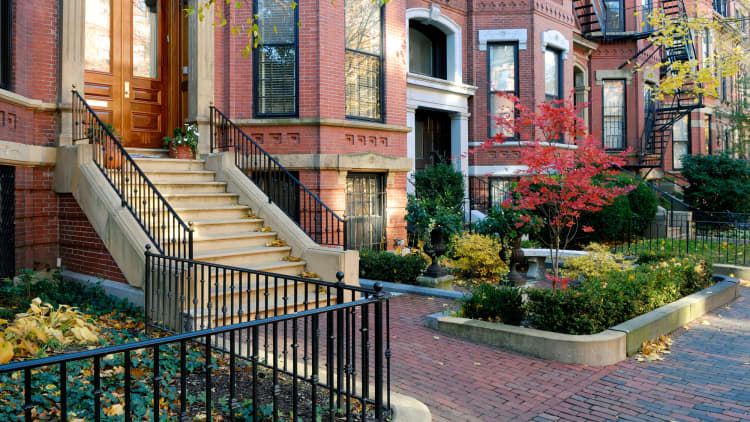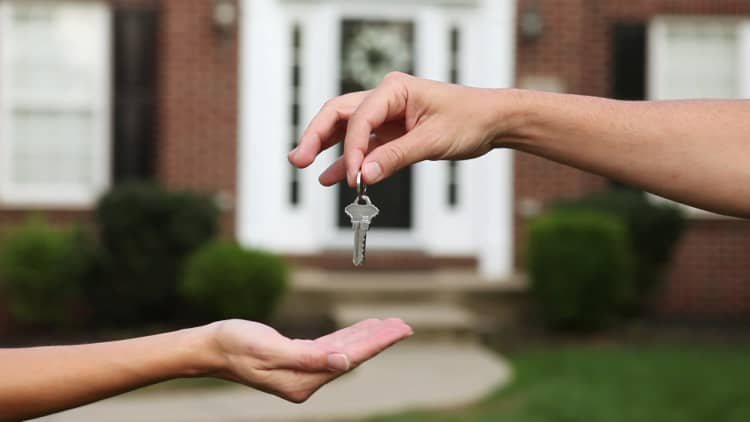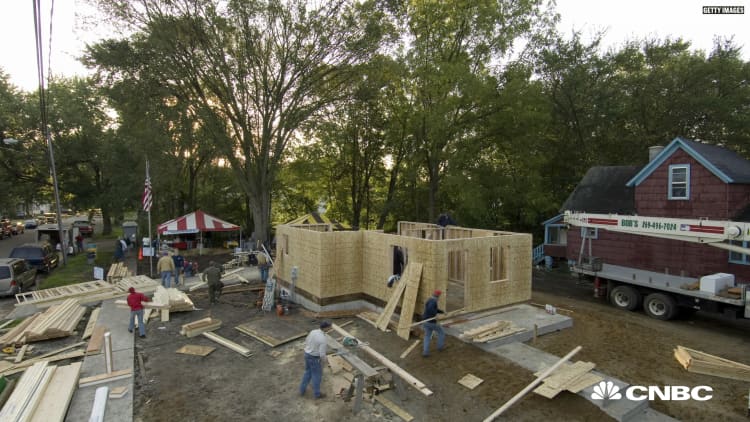The process of buying a house requires an investment of time as well as money. So, if you want to get a good deal, doing your homework is crucial.
"The fallacy is that 'getting a good deal' is all locked in at the initial transaction, on the purchase price or the initial loan," Lynnette Khalfani-Cox, New York Times bestselling author and co-founder of AskTheMoneyCoach.com, tells CNBC Make It.
In reality, that assumption is not always true. When you become a homeowner, the money you had been putting toward rent not only goes toward a mortgage, but to insurance, repairs, maintenance and upgrades.
"You have to think of homeownership not just as a one-time event, but as a process over the life of you owning this asset that you'll be able to manage it wisely and make smart choices with it," Khalfani-Cox says.

Say you negotiate the purchase price down 5 percent from what the seller is asking and are able to get the loan you want at a quarter point below market rate. Sounds like a great deal, right? Well, not so much if the reason the seller is willing to decrease the price is because the home needs repairs or renovations.
If you're saving $10,000 on the purchase price but you have to spend $30,000 gutting the kitchen, the home might not be much of a deal.
Don't be fooled by the sticker price. It's only the beginning.
For buyers who have saved up and worked toward buying a home for years, it can be overwhelming to think about all the abstract costs associated with homeownership. Khalfani-Cox says to think of it like buying a car: You might be able to afford a $300 a month payment on its own, but how much does it cost once you add the price of gas, insurance, oil changes and other maintenance?
"It's a misconception as a car owner to think that it's the down payment on the car and the monthly cost, and that's it," she says. "Ditto for homeowners. You should not think, 'Oh I got an interest rate of 3 percent, I got a good deal!' or 'The home is being offered for $300,000 and I got it for $280,000. I got a great deal!'"

"In the context of owning your home, if you plan to live [there] for the next seven to 10 years — or for the rest of your life — knowing whether or not you got a good deal depends on how well you managed the overall homeownership process."
Khalfani-Cox says homeowners can expect to pay around 3 percent of the of the closing price per year on hidden costs, such as repairs and utilities, although your expenses will vary depending on your location and the size and quality of your home.
She also recommends researching home warranties, such as those from American Home Shield, which can provide another layer of financial protection.
If you're trying to get the best possible deal on a home, you need to think long-term. In addition to the initial price of each home, consider the investments you'd need to make years down the line. Being aware of the big picture now could help you save big now — as well as later.
Like this story? Like CNBC Make It on Facebook!
Don't miss:




